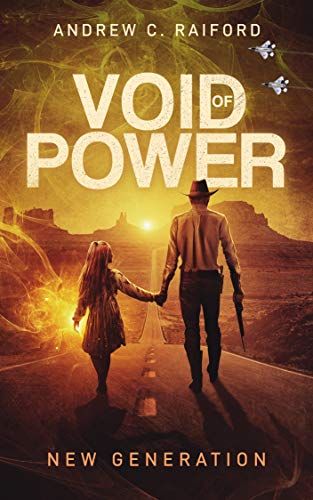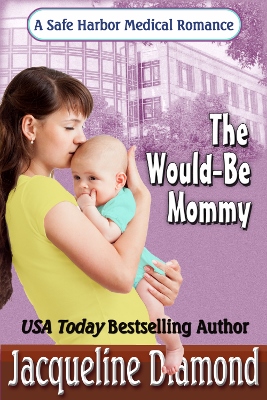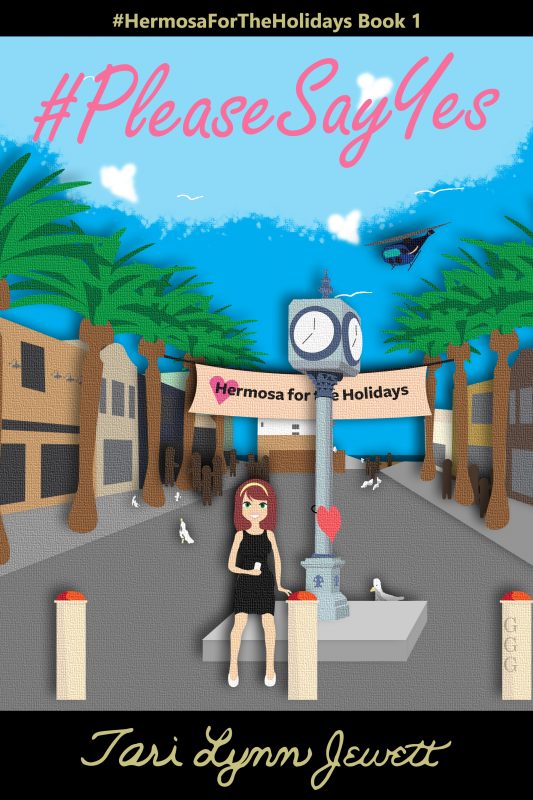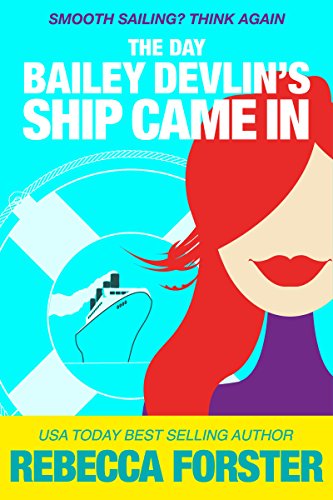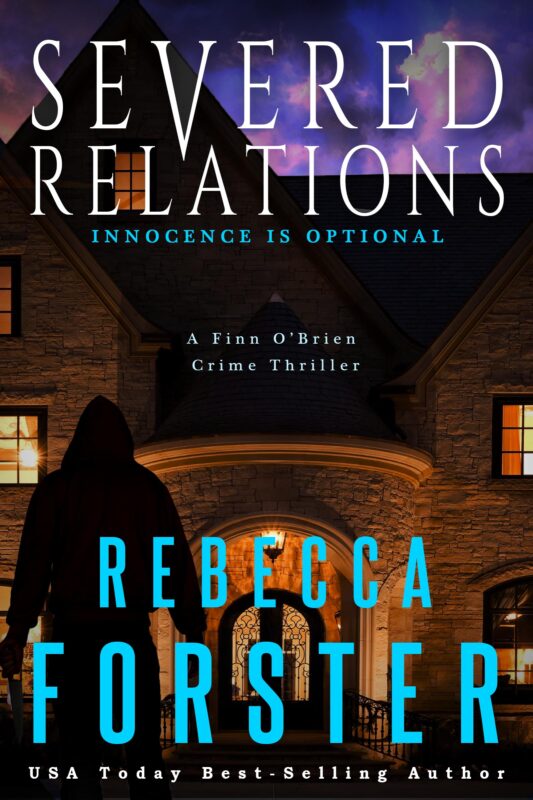June Featured Author: Denise M. Colby
June 29, 2019 by Denise M. Colby in category Featured Author of the Month tagged as Christian Historical Fiction, Denise M Colby, Marketing, Social Media, writing

Denise M. Colby loves to write words that encourage, enrich, and engage whether it’s in her blog, social media, magazine articles, or devotions. With over 20+ years’ experience in marketing, she enjoys using her skills to help other authors. She treasures the written word and the messages that can be conveyed when certain words are strung together. An avid journal writer, she usually can be found with a pen and notepad whenever she’s reading God’s word. Denise is writing her first novel, a Christian Historical Romance and can be found at www.denisemcolby.com
She’s a member of RWA, OCC/RWA, Faith, Hope & Love Chapter of RWA, ACFW (where she is a semi-finalist in the Genesis contest Historical Romance Category), OC Chapter of ACFW, and SoCal Christian Writers’ Conference (where she will be teaching two workshops in June – Brand and SEO Marketing for Your Website).
In addition to Denise’s column The Writing Journey on A Slice of Orange, you can read some of her magazine article here.
Denise M. Colby’s Books
0 0 Read more
June Author: Denise M. Colby
June 21, 2019 by marianne h donley in category Apples & Oranges by Marianne H. Donley, Featured Author of the Month tagged as Christian Historical Fiction, Denise M Colby, Marketing, Social Media, writing

Denise M. Colby loves to write words that encourage, enrich, and engage whether it’s in her blog, social media, magazine articles, or devotions. With over 20+ years’ experience in marketing, she enjoys using her skills to help other authors. She treasures the written word and the messages that can be conveyed when certain words are strung together. An avid journal writer, she usually can be found with a pen and notepad whenever she’s reading God’s word. Denise is writing her first novel, a Christian Historical Romance and can be found at www.denisemcolby.com
She’s a member of RWA, OCC/RWA, Faith, Hope & Love Chapter of RWA, ACFW (where she is a semi-finalist in the Genesis contest Historical Romance Category), OC Chapter of ACFW, and SoCal Christian Writers’ Conference (where she will be teaching two workshops in June – Brand and SEO Marketing for Your Website).
In addition to Denise’s column The Writing Journey on A Slice of Orange, you can read some of her magazine article here.
Denise M. Colby’s Books
0 0 Read more
Who Tells the Tale? Narrative Voice by Jenny Jensen
June 19, 2019 by Jenny Jensen in category On writing . . . by Jenny Jensen tagged as 1st person, editing, Narrative Voice, writing
Narrative Voice
The creative process is a mystery to me. I like it that way. Not knowing how or why an author chooses a certain literary device makes every book I read a fresh experience. I’m not always wowed by the tale but I like to start with no bias. Just lately though, I can’t help wondering what drives so many of my clients to write in 1st person. I love a good tale told in 1st person but it’s the most difficult narrative voice to get right.
Up until the mid 20th century the lion’s share of novels were written in 3rd person. A quick glance of current literary prizewinners shows 30% written in 1st person (The Handmaid’s Tale, The Hunger Games, The Martian etc.). Current genre and commercial fiction is more like 50%. Clearly, this is the age of 1st person and I think I know why—energy, immediacy and intimacy. While those three qualities attract us they’re also what makes 1st person hard to write well.
Be Compelling
The narrator has to be interesting enough to carry the reader through 200 plus pages of story. Basically it’s the only voice we hear so it better be entertaining. The character can be droll, hysterically funny, bitingly snarky, painfully deluded, even seriously insightful—as long as the energy exuded is compelling. Sometimes the narrator exists to showcase the main character. Watson is a rather deluded and bumbling narrator but we become fond of him. It’s his subject, Holmes that keeps the reader riveted. We want to stay for the whole ride.
1st person is both immediate and intimate. The reader sees the action through the narrator’s eyes rather than from the outside. It’s close up and personal so the reader has a sense of being present as the action takes place. With a compelling narrator and interesting plot it’s easy for the reader to feel they have a stake in the story. 1st person reads like a journal or a personal letter. The reader sees, hears and knows what the narrator sees, hears and knows. There’s no distance between us—all the more reason to craft a compelling narrator. The narrator speaks directly to us. Well done, 1st person is more exciting, more emotionally engaging and more satisfying than the viral YouTubes of laughing babies and crazy critters caught on camera. No wonder we love it.
Remove Filter Words
There is one cardinal sin when writing 1st person – filter words. They put a dampening distance between the reader and the action. Because we see, hear, smell, feel and know what the narrator does there is no room for distancing the reader.
“I even thought of doing something gossipy…”
Filter words removed:
“I considered something gossipy…”
I could hear…I thought…I felt…I saw…chop away the filter words and close the distance. Good first person narrative is always from behind the character’s eyes.
Having put these thoughts down I think I’m going to read The Perks of Being a Wallflower (Chbosky). I love a good first person story. Do you?
~Jenny
3 0 Read more
What is Story? By Kidd Wadsworth
June 18, 2019 by Kidd Wadsworth in category Infused with Meaning by Kidd Wadsworth tagged as external conflict, internal conflict, Lisa Cron, Story Genius, The Wizard of Oz, writing
My writing career was going nowhere. I’d imagined hundreds of thousands of dollars of income, fame, and something far more elusive, critical acceptance. My average annual income was hovering at $42.11; rejection letters carpeted the floor. Why? What was I doing wrong? I would have fixed it…if I’d known what “it” was.
Enter Story Genius by Lisa Cron, a book recommended by one of my writing buds—and the pieces fell into place. Cron’s hypothesis: All great stories have both an internal conflict and an external conflict. Because people procrastinate, because not a one of us wants to face our inner demons, great stories use an overwhelming external conflict to force the protagonist to grapple with his or her internal conflict.

The external conflict in the story forces Dorothy and her friends to face their fears. When Dorothy is kidnapped by the flying monkeys and taken into the lair of the Wicked Witch, the scarecrow hatches the rescue plan. Hmmm…smart and decisive. The cowardly lion is willing to fight the palace guards to save her. At the end of the story, when she must leave, the tinman weeps. Dorothy who, at the beginning, was willing to listen to munchkins (who told her to follow a stupid yellow brick road to find a wizard) learns that her future is in her own feet. Remember, the wizard did not get her home. She missed the balloon. Instead, she got home by clicking her heels together. Her actions, not those of a charlatan wizard, determined her future.
Thus, we see Cron’s classic pattern:
External Conflict → Compels the protagonist to face → Internal Conflict
The Wicked Witch of the West → forced Dorothy to face→ her fears about her own future
Before I put a single word on the paper, I ask myself: What is my character’s greatest fear? Then I craft an external event so powerful that my protagonist is forced to face that fear. I leave her no room to dither or escape. Finally, when she wrestles with her fear, when she grows, when she becomes more than she ever dreamed she could be, then I know, I’ve got a great story.
~Kidd
Welcome
A Slice of Orange would like to welcome Kidd Wadsworth. Her column, Infused with Meaning, will post here on the 18th of each month. We are thrilled to have her writing for us. We hope you enjoy her posts as much as we do. Welcome, Kidd!
4 0 Read more
The Book Jacket
June 15, 2019 by Rebecca Forster in category The Write Life by Rebecca Forster tagged as inspiration, Rebecca Forster, thrillers, writing
 This morning I read an article entitled Mister Waters’s Cardigan. It seems that Mr. John Waters, the campy, iconic American film director, screenwriter, author, actor, stand up comedian and all-around-impressive guy wears a ‘writing’ cardigan with mother-of-pearl buttons to spark his imagination. It is an Our Legacy cardigan. Our Legacy is a line of clothing designed for “down-to-earth, embarrassed-to-be-affluent fashionistas who never want to look silly” (this according to Mr. Waters). I looked up Our Legacy. The man’s cardigan I saw would set you back $458. It was very nice and very understated. Indeed, this cardigan would fool anyone into thinking the darn thing was made for a regular Joe.
This morning I read an article entitled Mister Waters’s Cardigan. It seems that Mr. John Waters, the campy, iconic American film director, screenwriter, author, actor, stand up comedian and all-around-impressive guy wears a ‘writing’ cardigan with mother-of-pearl buttons to spark his imagination. It is an Our Legacy cardigan. Our Legacy is a line of clothing designed for “down-to-earth, embarrassed-to-be-affluent fashionistas who never want to look silly” (this according to Mr. Waters). I looked up Our Legacy. The man’s cardigan I saw would set you back $458. It was very nice and very understated. Indeed, this cardigan would fool anyone into thinking the darn thing was made for a regular Joe.
I read the half-page article about Mr. Waters’s cardigan and lusted over the column inches dedicated to his sweater and his work. But the sweater? I’ll pass. You see, I have writing wear too and I think mine beats his hands down. Instead of a sweater, I wear a fleece jacket. It is made of recycled tires. My husband keeps trying to wash the darn thing because the cuffs are turning black and he thinks it’s dirty. I explain this is just the fleece wearing out and the black rubber of the recycled tires peeking through, but he will have none of it. I am constantly rescuing my writing jacket from the laundry.
Instead of an understated heather grey, my jacket is screaming-mimi yellow. I make no excuses for this. I know I am not at my most attractive in this jacket. I actually look like a cross between Tweety Bird and an egg yolk. On a good day I can pass for Sponge Bob Squarepants.
My jacket has no fashionista sensibilities with its big collar, giant cuffs and boxy cut. My jacket has three plastic buttons. My writing jacket set me back $10. Yes, that is ten buck-a-roos which is $448 less than Mr. Waters’s cardigan.
As different as Mr. Waters and I are – he writes camp, I write thrillers, he is affluent, I am what I am – we are the same in that we draw inspiration from something we don before we write. Our writing clothes keep us warm, help us think, signals to the world that we are working and are not to be disturbed. Our jacket/sweaters give us confidence and stick with us as we create worlds far away from the world we’re in. So the bottom line is this: find your writing sweater/jacket. No matter what it looks like, no matter how much you spend on it, if it’s the right one the benefits you will gain as an author are priceless.
2 0 Read moreAffiliate Links
A Slice of Orange is an affiliate with some of the booksellers listed on this website, including Barnes & Nobel, Books A Million, iBooks, Kobo, and Smashwords. This means A Slice of Orange may earn a small advertising fee from sales made through the links used on this website. There are reminders of these affiliate links on the pages for individual books.
Search A Slice of Orange
Find a Column
Archives
Featured Books
THE WOULD BE MOMMY
Babies, babies, everywhere! But can she keep hers?
More info →#PLEASE SAY YES (#HermosafortheHolidays Book 1)
So, you think social media has taken over YOUR life?
More info →THE DAY BAILEY DEVLIN’S SHIP CAME IN
Oh, Boy! Oh, Bailey!
Just when you think it's going to be smooth sailing, Venus messes with your rudder.
SEVERED RELATIONS
Detective Finn O'Brien catches the call: two kids and their nanny are dead behind the gates of Freemont Place.
More info →Newsletter
Contributing Authors
Search A Slice of Orange
Find a Column
Archives
Authors in the Bookstore
- A. E. Decker
- A. J. Scudiere
- A.J. Sidransky
- Abby Collette
- Alanna Lucus
- Albert Marrin
- Alice Duncan
- Alina K. Field
- Alison Green Myers
- Andi Lawrencovna
- Andrew C Raiford
- Angela Pryce
- Aviva Vaughn
- Barbara Ankrum
- Bethlehem Writers Group, LLC
- Carol L. Wright
- Celeste Barclay
- Christina Alexandra
- Christopher D. Ochs
- Claire Davon
- Claire Naden
- Courtnee Turner Hoyle
- Courtney Annicchiarico
- D. Lieber
- Daniel V. Meier Jr.
- Debra Dixon
- Debra H. Goldstein
- Debra Holland
- Dee Ann Palmer
- Denise M. Colby
- Diane Benefiel
- Diane Sismour
- Dianna Sinovic
- DT Krippene
- E.B. Dawson
- Emilie Dallaire
- Emily Brightwell
- Emily PW Murphy
- Fae Rowen
- Faith L. Justice
- Frances Amati
- Geralyn Corcillo
- Glynnis Campbell
- Greg Jolley
- H. O. Charles
- Jaclyn Roché
- Jacqueline Diamond
- Janet Lynn and Will Zeilinger
- Jaya Mehta
- Jeannine Atkins
- Jeff Baird
- Jenna Barwin
- Jenne Kern
- Jennifer D. Bokal
- Jennifer Lyon
- Jerome W. McFadden
- Jill Piscitello
- Jina Bacarr
- Jo A. Hiestand
- Jodi Bogert
- Jolina Petersheim
- Jonathan Maberry
- Joy Allyson
- Judy Duarte
- Justin Murphy
- Justine Davis
- Kat Martin
- Kidd Wadsworth
- Kitty Bucholtz
- Kristy Tate
- Larry Deibert
- Larry Hamilton
- Laura Drake
- Laurie Stevens
- Leslie Knowles
- Li-Ying Lundquist
- Linda Carroll-Bradd
- Linda Lappin
- Linda McLaughlin
- Linda O. Johnston
- Lisa Preston
- Lolo Paige
- Loran Holt
- Lynette M. Burrows
- Lyssa Kay Adams
- Madeline Ash
- Margarita Engle
- Marguerite Quantaine
- Marianne H. Donley
- Mary Castillo
- Maureen Klovers
- Megan Haskell
- Melanie Waterbury
- Melisa Rivero
- Melissa Chambers
- Melodie Winawer
- Meriam Wilhelm
- Mikel J. Wilson
- Mindy Neff
- Monica McCabe
- Nancy Brashear
- Neetu Malik
- Nikki Prince
- Once Upon Anthologies
- Paula Gail Benson
- Penny Reid
- Peter Barbour
- Priscilla Oliveras
- R. H. Kohno
- Rachel Hailey
- Ralph Hieb
- Ramcy Diek
- Ransom Stephens
- Rebecca Forster
- Renae Wrich
- Roxy Matthews
- Ryder Hunte Clancy
- Sally Paradysz
- Sheila Colón-Bagley
- Simone de Muñoz
- Sophie Barnes
- Susan Kaye Quinn
- Susan Lynn Meyer
- Susan Squires
- T. D. Fox
- Tara C. Allred
- Tara Lain
- Tari Lynn Jewett
- Terri Osburn
- Tracy Reed
- Vera Jane Cook
- Vicki Crum
- Writing Something Romantic
Affiliate Links
A Slice of Orange is an affiliate with some of the booksellers listed on this website, including Barnes & Nobel, Books A Million, iBooks, Kobo, and Smashwords. This means A Slice of Orange may earn a small advertising fee from sales made through the links used on this website. There are reminders of these affiliate links on the pages for individual books.












